Small Town Urbanism in the 21st Century: Andrew Freear, Faranak Miraftab, and Todd Okolichany
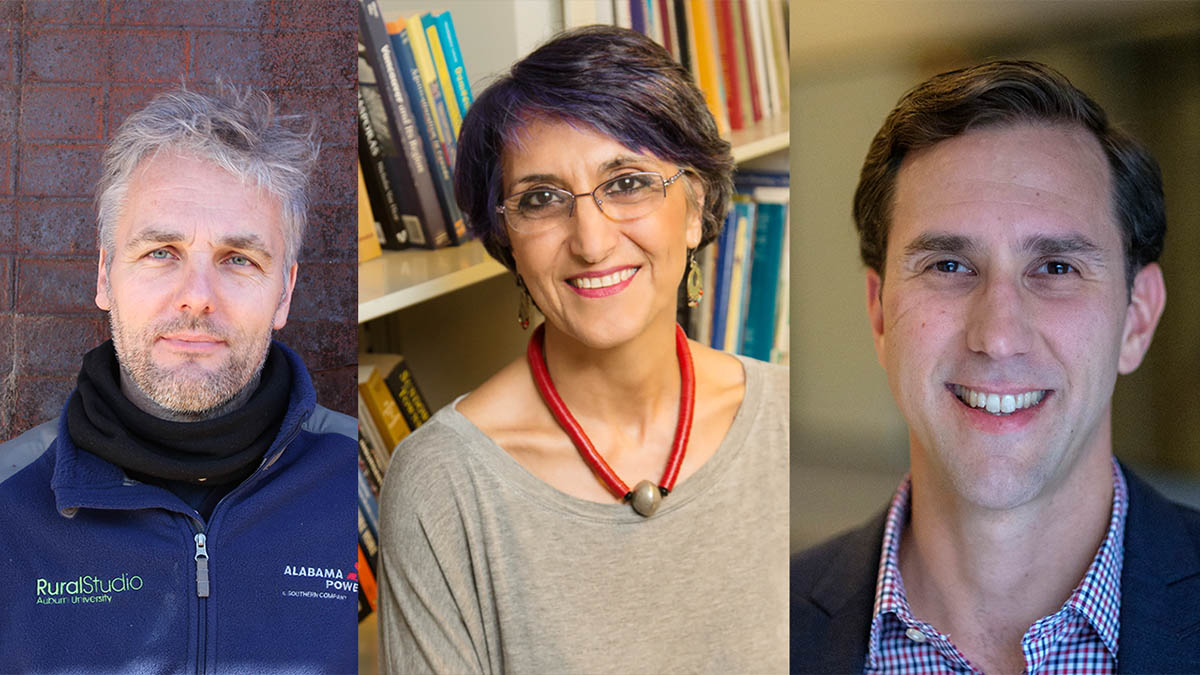
The GSD’s Spring 2021 Public Programs are all virtual and require registration.
Event Description
This program brings together three unique perspectives on the idea of “Small Town Urbanism”: Andrew Freear, Director of Rural Studio at Auburn University; Faranak Miraftab, Professor of Urban and Regional Planning at the University of Illinois, Urbana-Champaign; and Todd Okolichany, Director of Planning and Urban Design for the City of Asheville, North Carolina. The panel will be moderated by GSD faculty members Eve Blau and Diane Davis.
Climate change, the pandemic, telecommuting, and accelerating land costs in large cities have fueled a slow but noticeable relocation of people and services to ex-urban locales. The retreat from large cities offers opportunities to design and plan for rural and regional locations that have routinely been overlooked by investors and design & planning professionals alike. In order to do so, we need a better understanding of the major social transformations, spatial conditions, employment challenges, governing capacities, land market logics, and ecological circumstances in those smaller cities and towns that form the territorial landscape outside the large metropolises that have garnered so much attention in the contemporary `urban age.’ Recent debates in geography, sociology, and urbanism have sought to question the conceptual significance of the rural-urban divide, a move that may make sense in refocusing attention on the ways that resource extraction and other activities in the urban “hinterlands” are central to processes of urbanization. Yet the embrace of such a posture can have the unintended effect of erasing small towns from the collective imagination of urban planners, architects, and urban designers. Even among those who purposefully turn their attention to the countryside, as with Rem Koolhaas’s newest experimental foray, the tendency is to define this rather abstract territorial domain as everything that is “non-urban,” and for some, to see it as an open territory for “rationalization….with fantasies of automation and largescale visionary transformations” (Bathla, 2020: 946). But small towns need examination in their own terms, not as sites to be eclipsed in the search for new territorial logics.
This event is supported by the 50th Anniversary of Urban Design Lectureship Fund.
Audience members are eligible for 1.5 AICP Certification Maintenance credits after attending this event. Please visit the AICP website for more information.
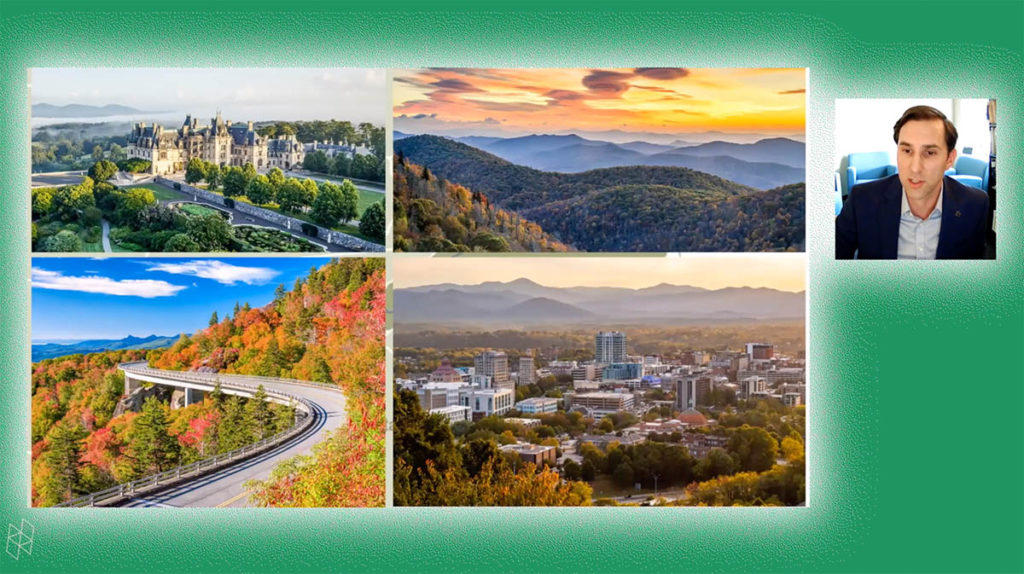
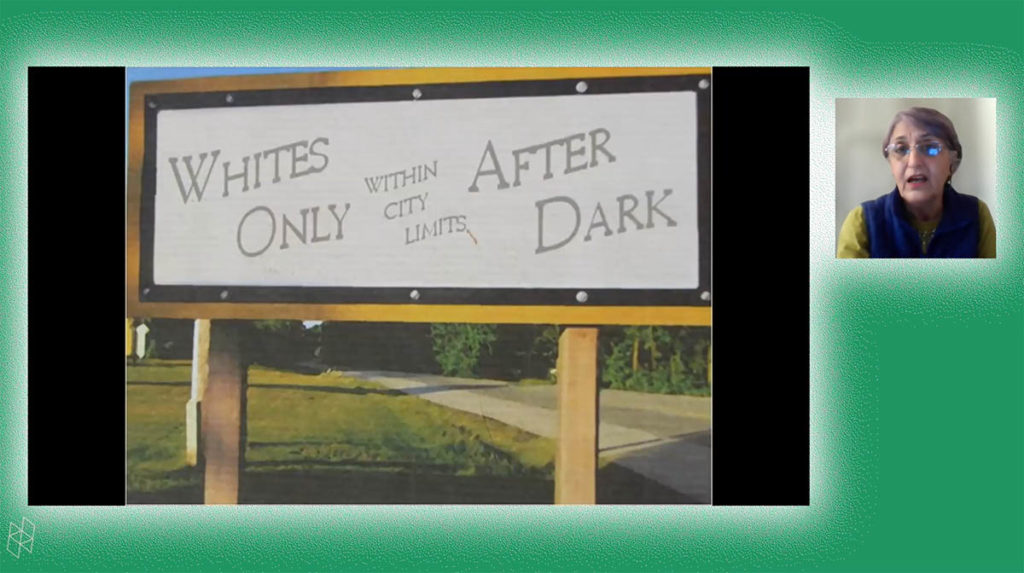
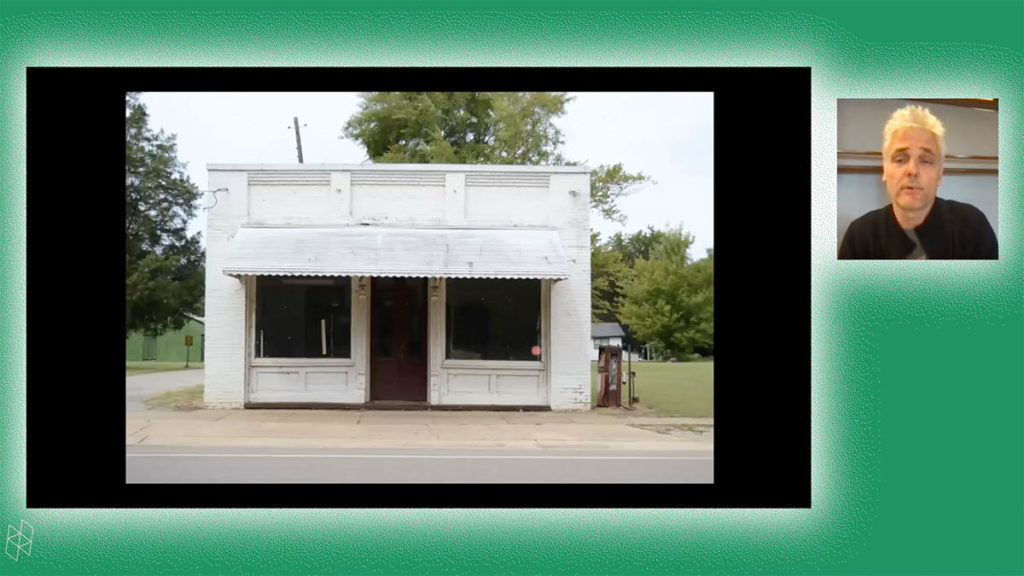
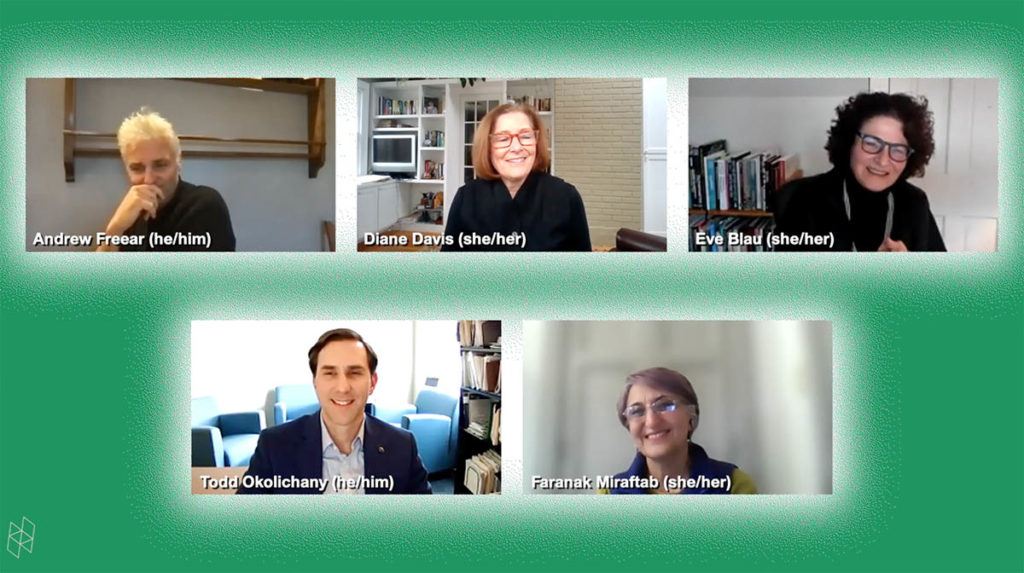
Speakers
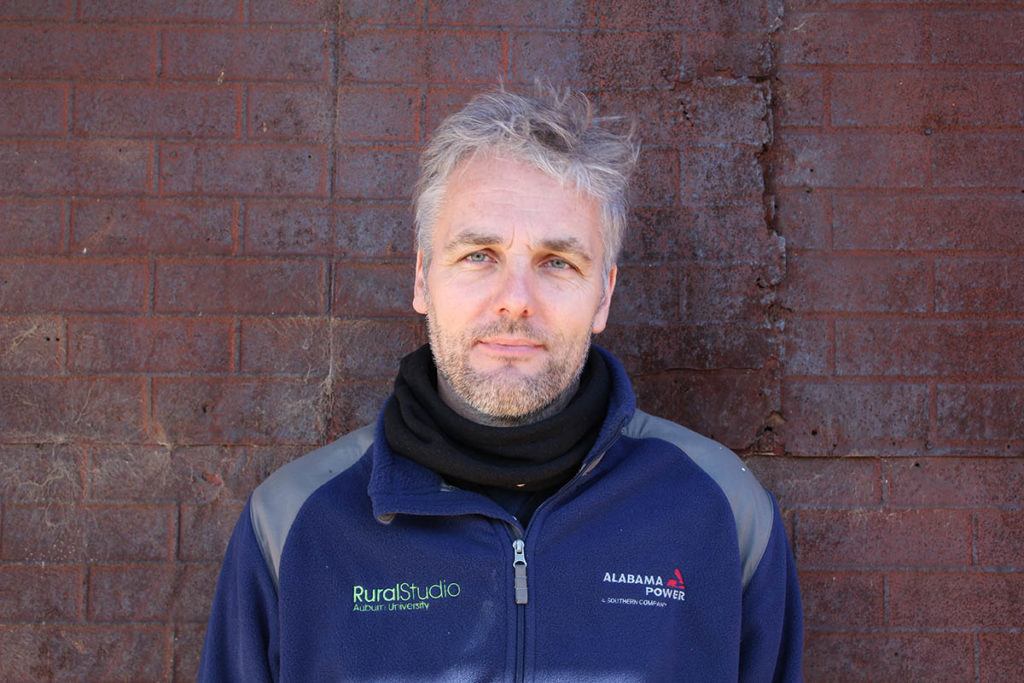 Andrew Freear, LF ’18, from Yorkshire, England, is the Director of Rural Studio, Auburn University.
Andrew Freear, LF ’18, from Yorkshire, England, is the Director of Rural Studio, Auburn University.
For over two decades Freear has lived in rural Newbern, Alabama, a town with a population of 187, where he runs a program that questions the conventional education and role of architects. His students have designed and built more than 200 community buildings, homes, and parks in their under-resourced community. He is a teacher, builder, advocate and liaison between local authorities, community partners, and students.
Freear’s work has been published extensively, and he regularly lectures around the world. He has designed and built exhibits at London’s Victoria & Albert Museum, the Whitney Biennial, the Museum of Modern Art in NYC, as well as the Milan Triennale and the Venice Biennale.
His honors include the Ralph Erskine Award, the Global Awards for Sustainable Architecture and the Architecture Award from the American Academy of Arts and Letters. Freear was a 2018 Loeb Fellow at Harvard University and most recently received the Presidents Medal from the Architectural League of New York, the League’s highest honor.
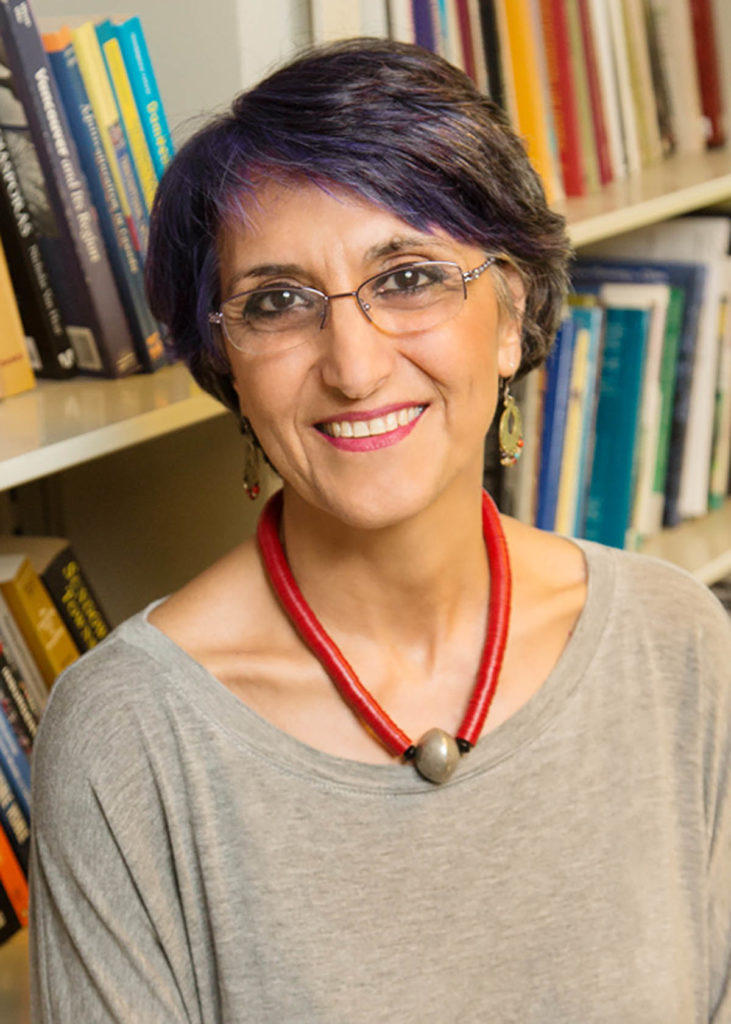 Faranak Miraftab is Professor of Urban and Regional Planning with joint appointments in Women and Gender Studies and Geography at the University of Illinois, Urbana-Champaign. Her established transnational feminist urban scholarship focuses on urbanization, citizenship, and insurgent practices of marginalized people based on class, race, and gender in many areas of the world—United States, Middle East, Southern Africa, and Latin America. Her most recent book, Global Heartland: Displaced Labor, Transnational Lives, and Local Placemaking, received the American Sociological Association’s Global & Transnational Sociology Award and the Association of Collegiate Schools of Planning’s Davidoff book award, and it was a Society for the Study of Social Problems C. Wright Mills book award finalist. Miraftab is currently working on three collaborative projects on intersectional conceptualization of gendered urbanization in global South, co-production of knowledge by academics and urban movements, and trans-local and transnational emergent movements that experiment with and offer alternatives to neoliberal urban policies.
Faranak Miraftab is Professor of Urban and Regional Planning with joint appointments in Women and Gender Studies and Geography at the University of Illinois, Urbana-Champaign. Her established transnational feminist urban scholarship focuses on urbanization, citizenship, and insurgent practices of marginalized people based on class, race, and gender in many areas of the world—United States, Middle East, Southern Africa, and Latin America. Her most recent book, Global Heartland: Displaced Labor, Transnational Lives, and Local Placemaking, received the American Sociological Association’s Global & Transnational Sociology Award and the Association of Collegiate Schools of Planning’s Davidoff book award, and it was a Society for the Study of Social Problems C. Wright Mills book award finalist. Miraftab is currently working on three collaborative projects on intersectional conceptualization of gendered urbanization in global South, co-production of knowledge by academics and urban movements, and trans-local and transnational emergent movements that experiment with and offer alternatives to neoliberal urban policies.
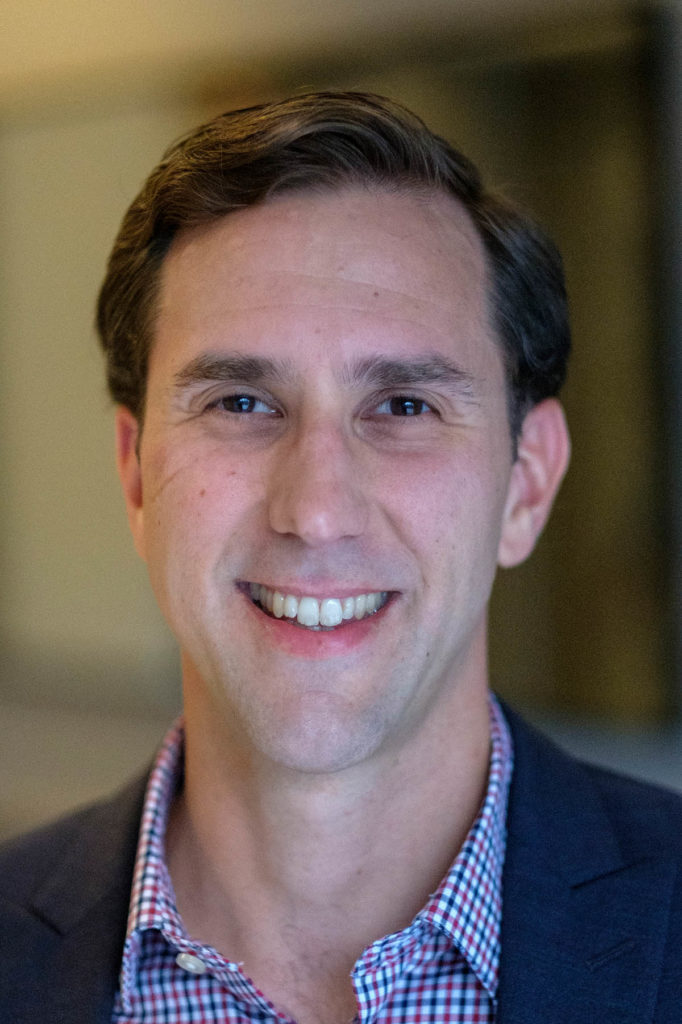 Todd Okolichany serves as the Director of Planning and Urban Design for the City of Asheville, North Carolina where he is responsible for leading sustainable growth, promoting equitable development and shaping the built environment. While at the City Todd has led the implementation of projects that have addressed long-standing inequities in the community, such as the award winning Living Asheville Comprehensive Plan, and has advocated for inclusive prosperity for the city’s diverse community. Prior to moving to Asheville he oversaw the City of Fort Lauderdale’s long-range planning program. Todd also previously worked for an internationally renowned urban planning and architecture firm in New York City, where he received a Master of Science degree in planning from Pratt Institute.
Todd Okolichany serves as the Director of Planning and Urban Design for the City of Asheville, North Carolina where he is responsible for leading sustainable growth, promoting equitable development and shaping the built environment. While at the City Todd has led the implementation of projects that have addressed long-standing inequities in the community, such as the award winning Living Asheville Comprehensive Plan, and has advocated for inclusive prosperity for the city’s diverse community. Prior to moving to Asheville he oversaw the City of Fort Lauderdale’s long-range planning program. Todd also previously worked for an internationally renowned urban planning and architecture firm in New York City, where he received a Master of Science degree in planning from Pratt Institute.
How to Join
The event will also be live streamed to the GSD’s YouTube page. Only viewers who are attending the lecture via Zoom will be able to submit questions for the Q+A. If you would like to submit questions for the speakers in advance of the event, please click here.
Harvard University welcomes individuals with disabilities to participate in its programs and activities. If you would like to request accommodations or have questions about the physical access provided, please contact the Public Programs Office at (617) 496-2414 or [email protected] in advance of your participation or visit. Requests for American Sign Language interpreters and/or CART providers should be made at least two weeks in advance. Please note that the University will make every effort to secure services, but that services are subject to availability.
#GSDEVENTS